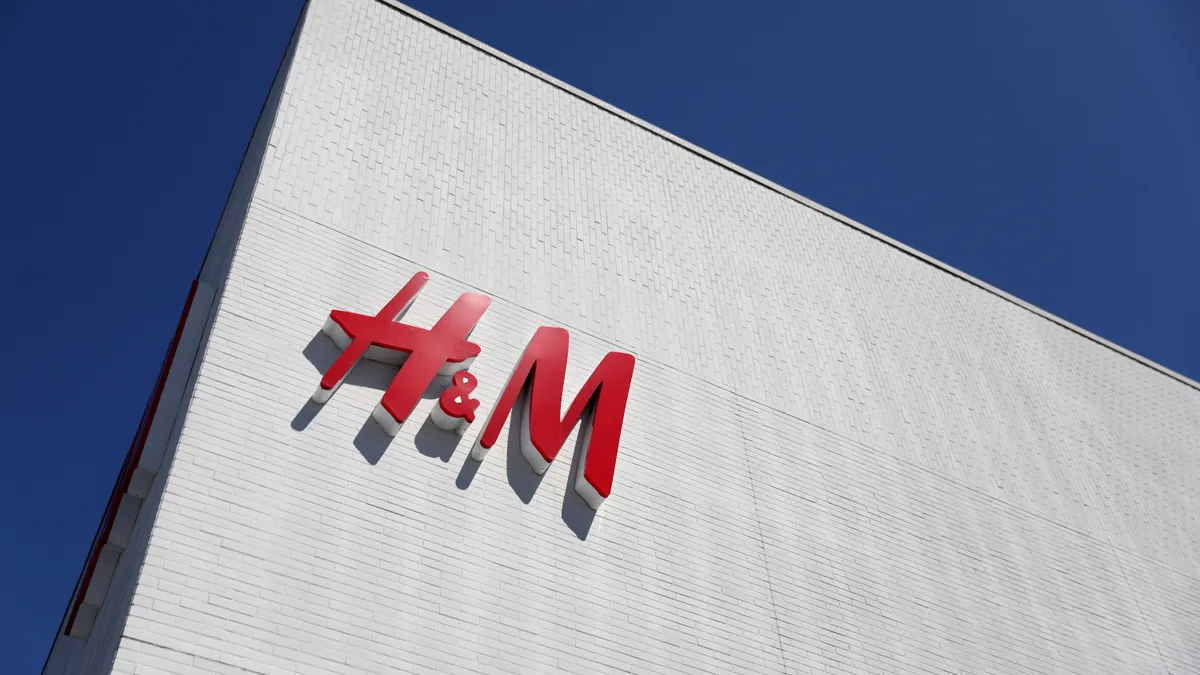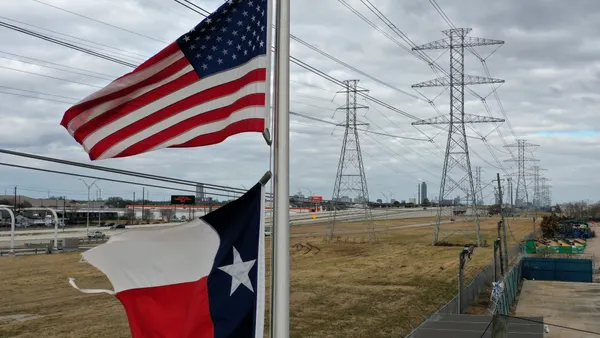Dive Brief:
- Clothing brands H&M and Eileen Fisher respectively achieved the top rankings on a new scorecard that evaluated how some of the biggest fashion companies are progressing on phasing out fossil fuels.
- The scorecard from climate group Stand.earth graded 42 fashion brands on a scale of “A+” to “F” based on progress they made to decarbonize their supply chains between 2021 and 2023. The group accounted for impact across five areas: clean energy transition; sustainability commitments and transparency; climate advocacy and engagement; use of low-carbon materials and circularity; and adoption of green shipping methods.
- H&M led the list with an overall score of “B+,” followed by Eileen Fisher with a “B-.” Meanwhile six brands earned an “F,” including fast fashion retailers Shein and Boohoo and sports apparel producers Under Armour and Columbia.
Dive Insight:
The report is the follow-up to Stand.earth’s 2023 Fossil Free Fashion Scorecard; the climate group did not publish an edition last year. H&M ranked first in the previous scorecard as well, with an overall score of “B-,” while Eileen Fisher had a “C” and has since moved up due to its progress in sustainable strategy and decarbonization across its operations.
Stand.earth’s latest report noted that production of clothing linked to fossil fuels contributed at least 4% of global emissions in 2024, echoing other comments sustainability experts have made about the fashion industry’s impact on global warming and increased emissions.
“The fashion industry must urgently correct course by ending its dependency on fossil fuels for manufacturing, transportation, and raw materials,” the June 3 report said. “Rapid, just, and worker-centered action by brands has never been more essential for an industry that remains heavily reliant on fossil fuels.
Stand.earth’s analysis of the brands’ environmental impact found that Shein increased its scope 3 emissions by over 170% in a span of just two years, overall emitting almost as much pollution as the entire country of Lebanon. The report also said clothing brands Abercrombie & Fitch, Aritzia and Columbia had yet to set a target for scope 3 emissions, a void that put them behind their competitors and “dangerously out of step with climate action.”
The climate group said the lack of any brands scoring an “A” grade “reflects the reality that the industry has a lot of work left to do to end its close symbiosis with the harmful fossil fuel industry.”
A 2021 World Economic Forum report found that the fashion industry and its supply chain were the world’s third-largest polluter. A separate study from the European Parliament states that the sector emitted almost 10% of the world’s greenhouse gas emissions annually, more than those generated by international flights and maritime shipping combined.
If the fashion industry continues on its current trajectory, it is estimated it will use up more than 26% of the world’s carbon budget in efforts to limit global warming to an additional 2°C by 2050, according to the Ellen MacArthur Foundation.











